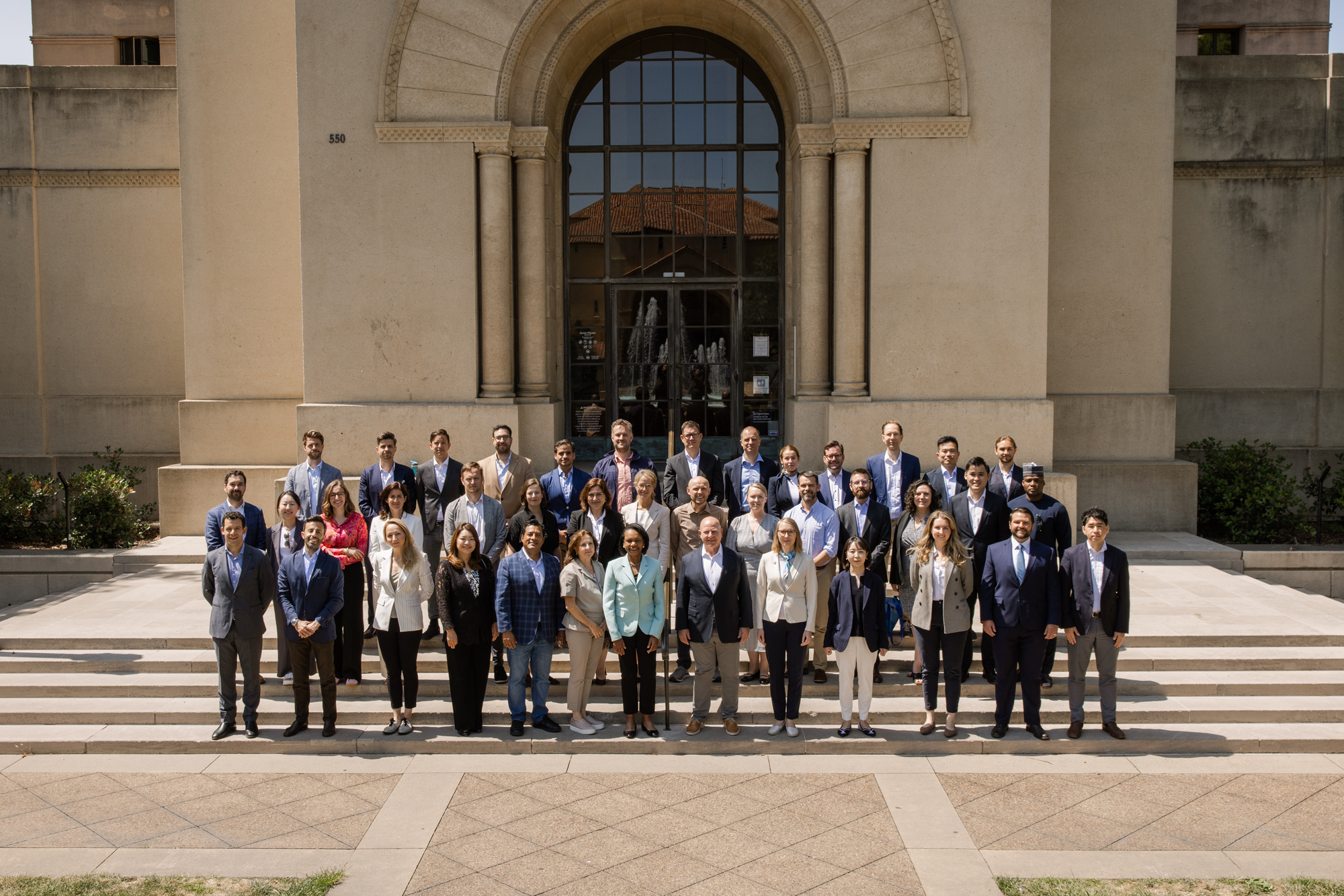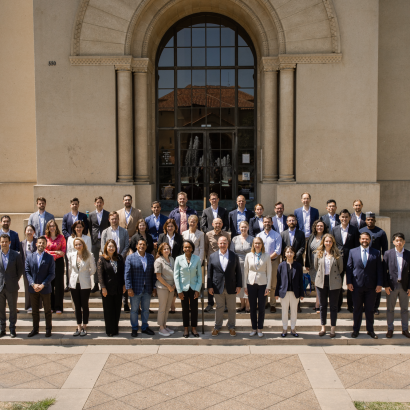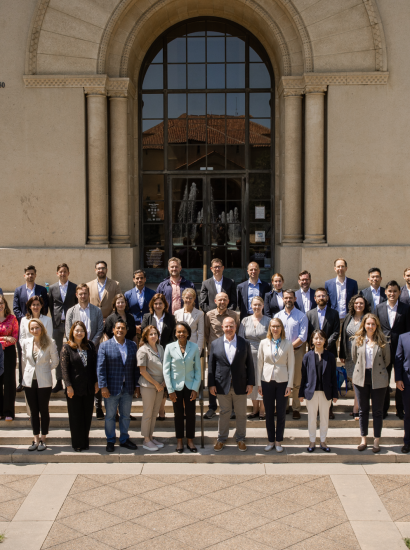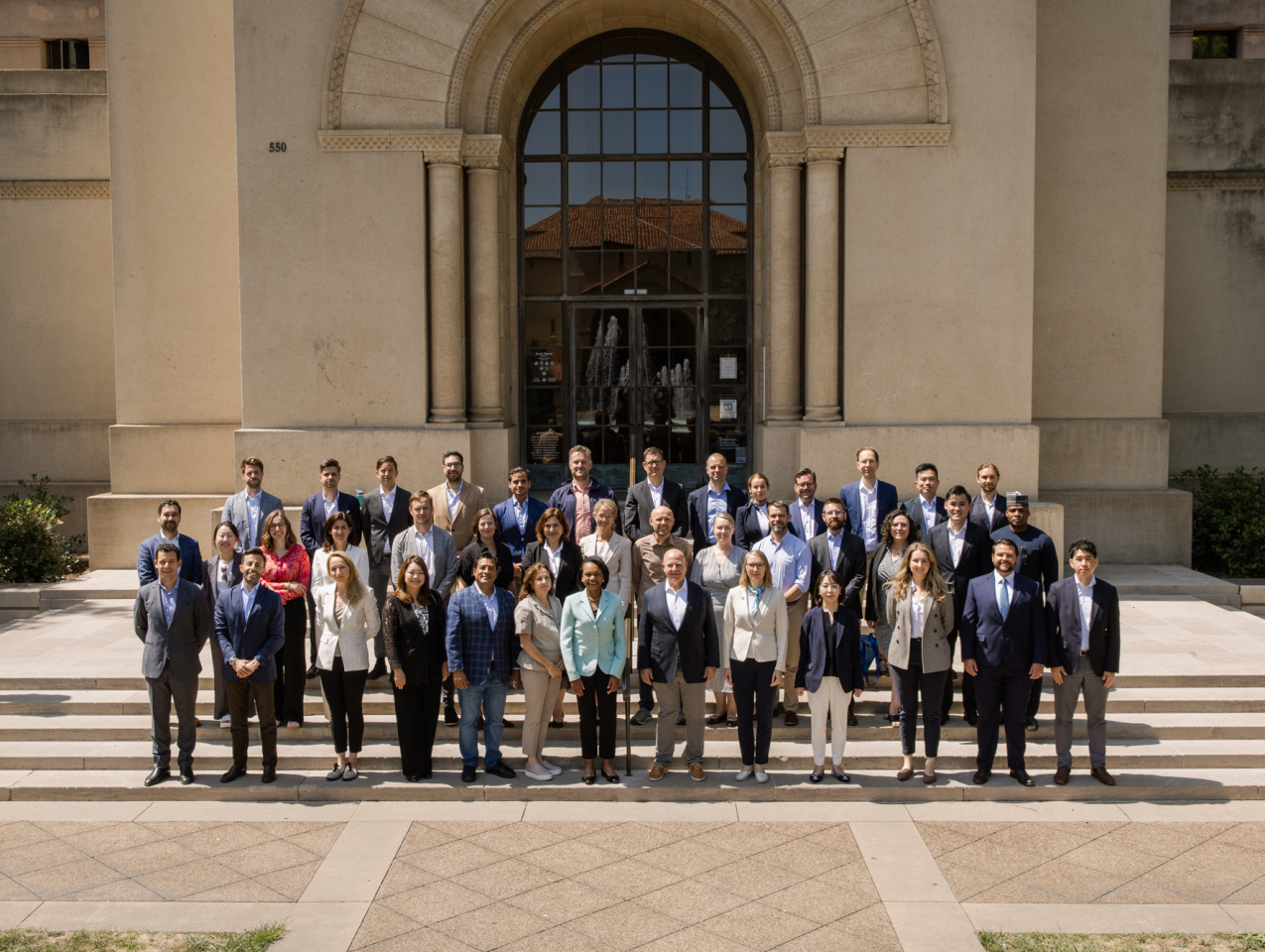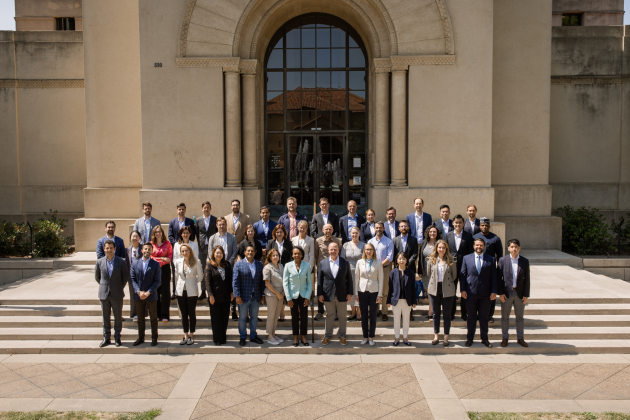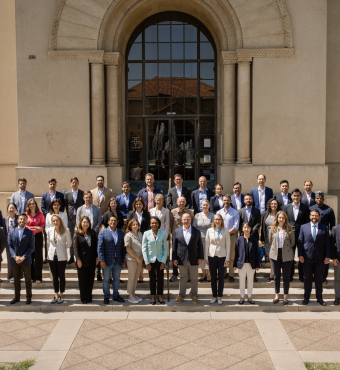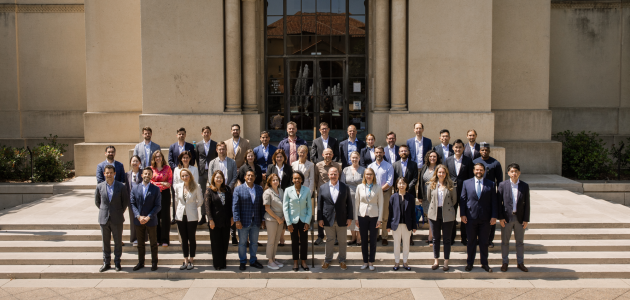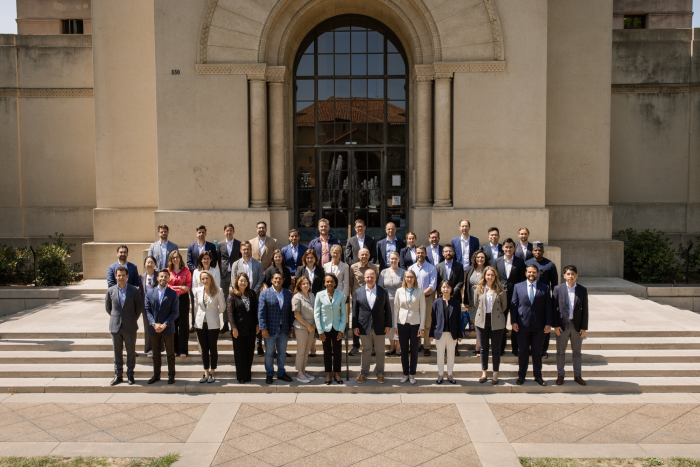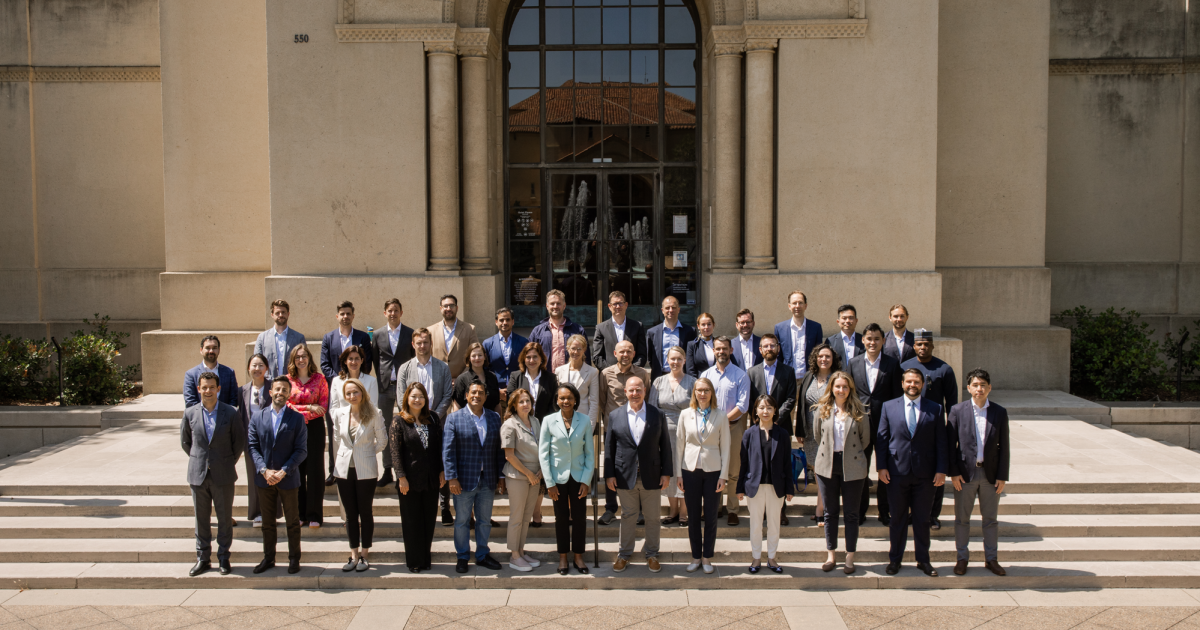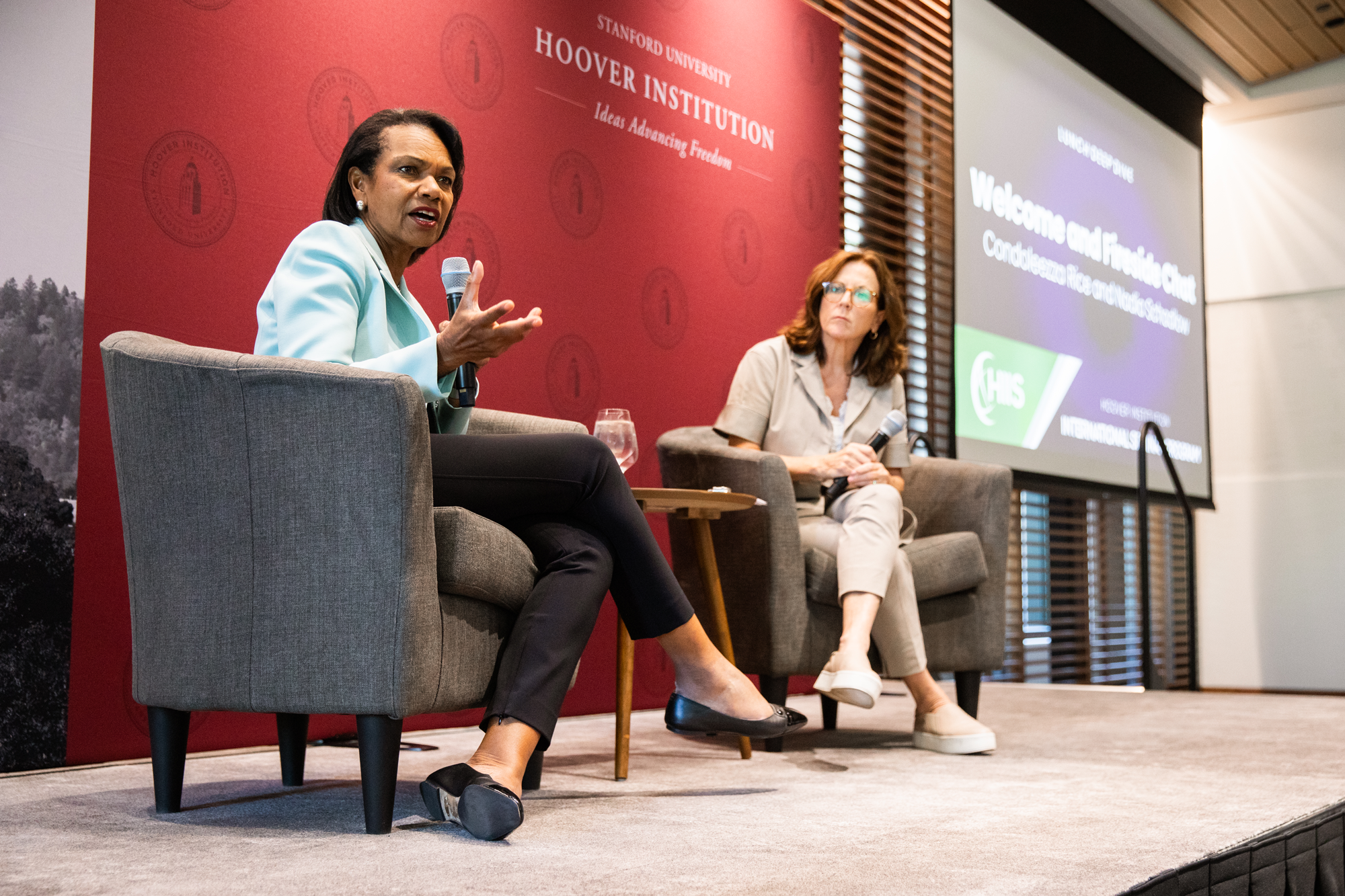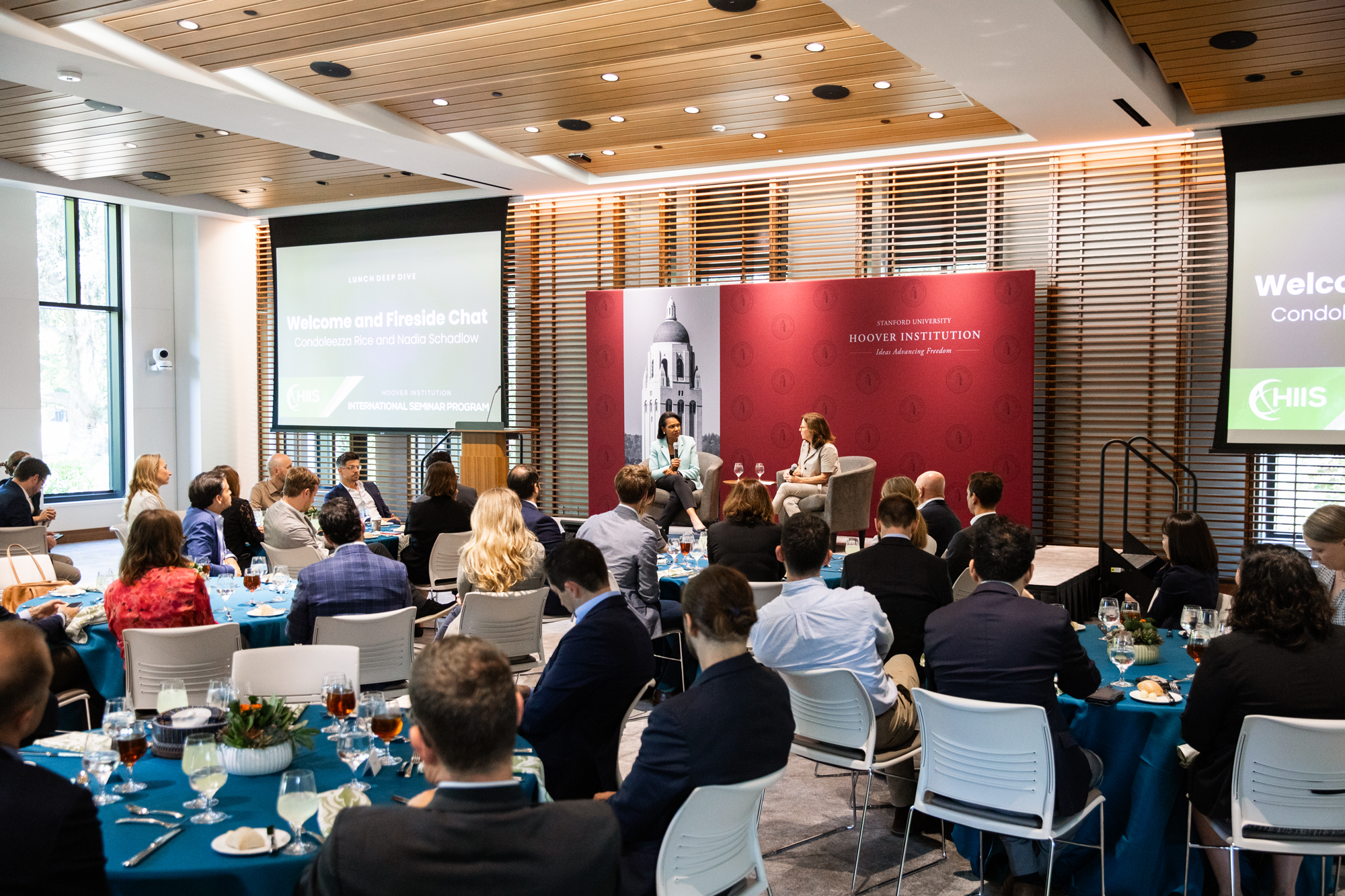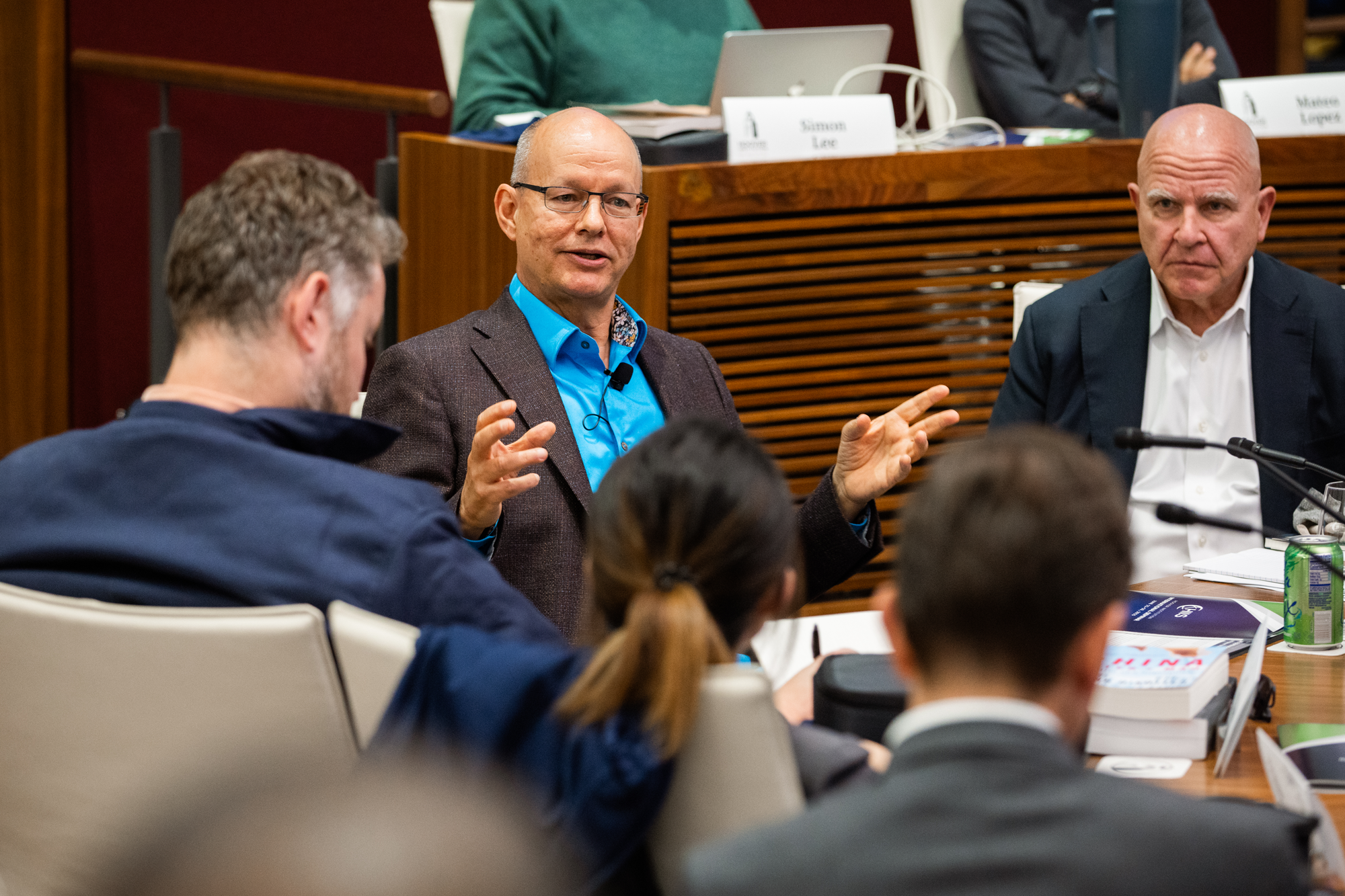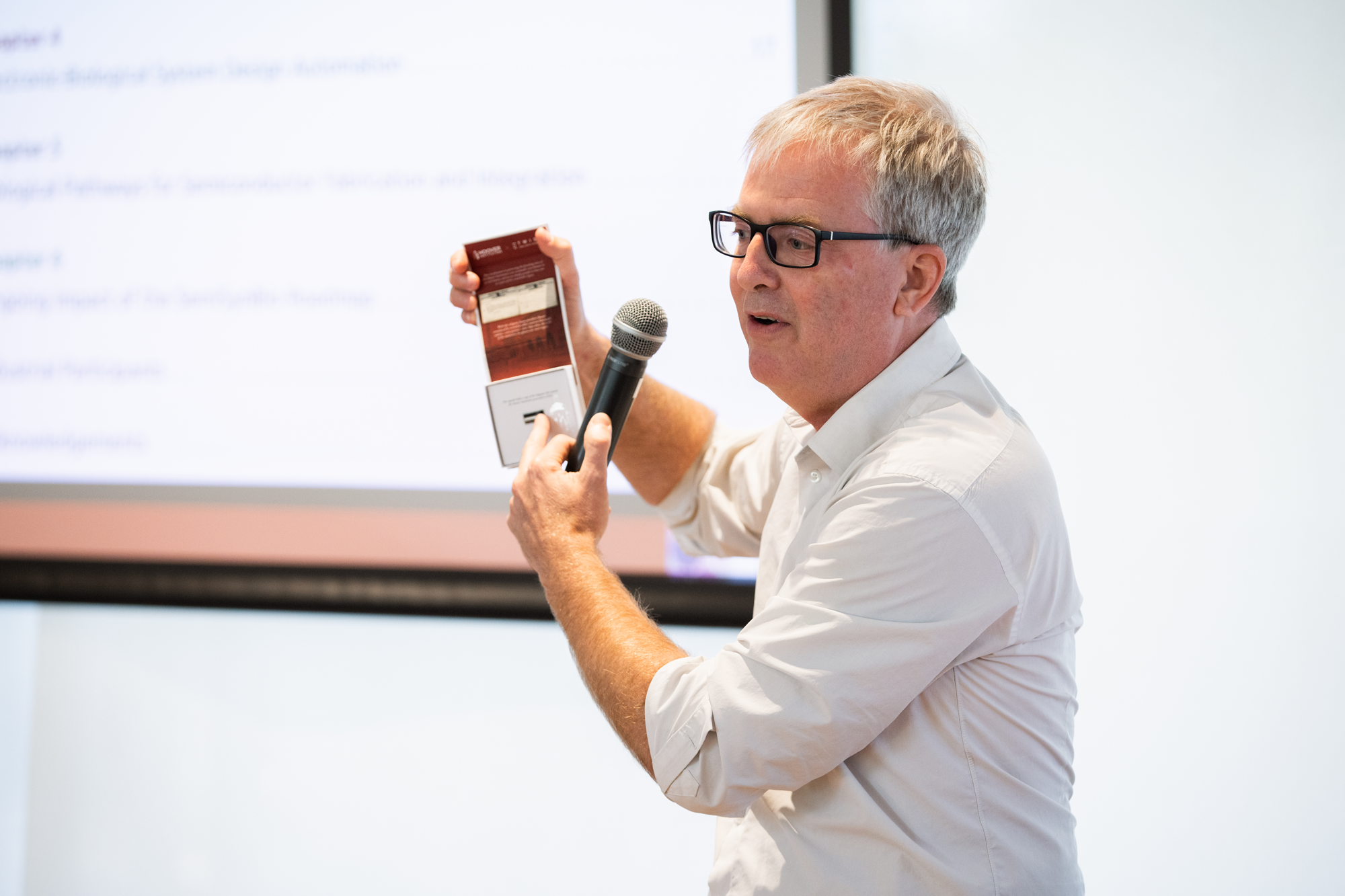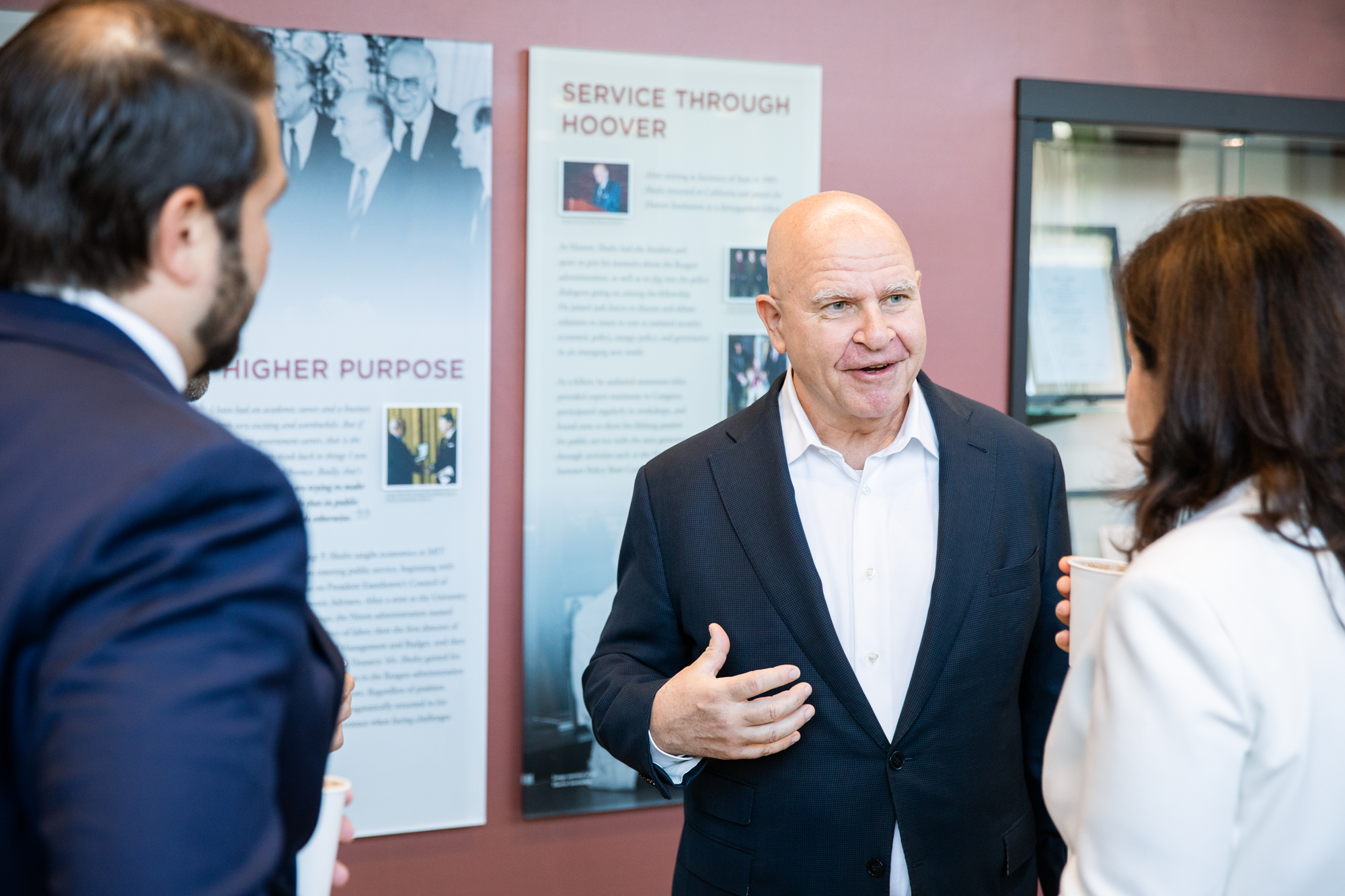Hoover Institution (Stanford, CA)—From June 22 to June 28, Hoover fellows led dozens of mid-career diplomats and national security practitioners in engrossing discussions about the future of US-led global security order, international trade, and how technological advancements will impact global foreign relations.
Cohosted by Hoover Senior Fellow H.R. McMaster and National Security Visiting Fellow Nadia Schadlow, the Hoover Institution’s fourth annual International Seminar hosted thirty-eight professionals from nations including Norway, France, Finland, Türkiye , Sweden, Australia, Singapore, UK, Italy, Canada, South Korea, Georgia, Lithuania, Estonia, Poland, Venezuela, and Nigeria.
“This gathering will help policymakers from US allies and strategic partners develop common understanding of the problems and opportunities our countries are facing,” McMaster said. “And our discussions will generate ideas about how we can work together to solve those problems and capitalize on opportunities.”
Attendees heard presentations on topics ranging from the risks of future AI development to industrial policy and its value in economic statecraft.
Kicking things off was Hoover Institution Director Condoleezza Rice, who alongside Schadlow spoke about the continued value of democratic practices and principles as the world order experiences rapid, unpredictable change. She stressed the need for continued engagement by the United States with its allies, exemplified by many of those allied states’ diplomats assembled for this gathering.
Next, Senior Fellows Frank Dikötter and H.R. McMaster walked the diplomats through their shared view of Chinese post-revolutionary history, with Dikötter highlighting the illusory nature of much of China’s external diplomatic outreach and communications. Both speakers cautioned those assembled not to underestimate the ambitions of the Chinese Communist Party (CCP), with McMaster restating his public belief that the CCP is working to develop a credible nuclear first-strike capability against the United States.
Taking the discussion back to the formation of sound public policy, Senior Fellow Philip Zelikow spoke about his long-standing interest in studying what he calls the decline of quality in US policy making, both foreign and domestic. He urged an adoption of new “software” in US policymaking, which would involve instituting a series of norms about what constitutes good policymaking processes and guardrails against bad habits.
Moving back to the foreign policy arena, National Security Visiting Fellow Zachary Shore spoke with H.R. McMaster about his work studying the history of international conflict and how America has understood and misunderstood its opponents in recent wars.
For breakfast on June 24, McMaster hosted a talk with new Distinguished Visiting Fellow Elbegdorj Tsakhia, who served as both president and prime minister of Mongolia after it transitioned to democracy from 1989 to 1990.
The day’s discussion moved back to an assessment of American power across dimensions, with Senior Fellow Amy Zegart asking attendees to reconsider how nations measure their combined power. In the example of the US, Zegart pointed to declines in US public support for basic research, shortcomings in the US K–12 education system, and continued polarization and dysfunction in Congress as pressures hindering America’s advance in the 21st century. Contrasting these issues with those of China, she pointed to her recent research which suggests Chinese AI firms no longer rely heavily on US-trained researchers and engineers to build their large language models.
Building on the themes brought up by Zegart, Senior Fellow Stephen Kotkin spoke to the assembled diplomats about the future of American power and the small but real possibility the US might be drawn into a war in Asia against China.
Advancing the argument he has made in this piece for the Marathon Initiative, National Security Visiting Fellow Jakub Grygiel told attendees that that he believes US and Western foreign policy is built on a flawed understanding of political order—believing it is engineered top-down by states and international institutions. This leads to three key illusions: that removing bad leaders or regimes will improve states, that international institutions can fundamentally change adversarial countries, and that economic prosperity will ensure peace. Grygiel contends these misconceptions cause policymakers to overestimate the effectiveness of military, institutional, and economic tools in creating stable, lasting order.
Throughout the week, diplomats from across the world expressed concern about the direction of US foreign policy, and whether the perception that the new administration is less convinced about the value of its alliances than previous ones is real or imagined.
Seminar cohost H.R. McMaster gave a presentation on the future of warfare. He stressed that policy leaders should develop a solid conceptual foundation of war while also avoiding deployment of flawed strategies. He described the historical continuities of war, as well as his “four fallacies” about US armed conflict that have sometimes resulted in unfavorable outcomes for nations engaged in them.
Developing successful strategies, he underscored, requires that nations not neglect those continuities but acquire an understanding of enemies’ countermeasures and develop a framework for learning in a focused and sustained way, especially in collaboration with allies and partners.
Moving back to the homeland, Senior Fellow Josiah Ober spoke about his work to reinvigorate civics instruction at Stanford and other university campuses, which have recently been characterized as institutions incapable of fostering debate among diverse viewpoints. He also spoke about The Civic Bargain, a book he cowrote with Brook Manville, about the rules, norms, and practices that underpin a healthy democracy.
Much of the next day’s discussion, on June 25, was about economics and building up defense industrial bases.
Cohost Nadia Schadlow spoke to attendees about the need for a cohesive, united approach to building up industrial bases in the free world, using lessons learned from the effort to support Ukraine and elsewhere.
Next, Senior Fellows Steven J. Davis and Valerie Ramey spoke about how productivity, fiscal capacity, and entitlement obligations work together to hinder states seeking to meet rising national security obligations. Citing statistics from western Europe, the US, and China, they point out that all three regions have challenges—including lagging productivity growth in China, ballooning entitlement costs in Europe and the US, and declining real population growth rates.
Moving to environmental policy within the US and abroad, Senior Fellow Terry Anderson spoke to the diplomats about recent shifts in the US federal approach to emissions, moving from a mandate-focused approach to market-based mechanisms, or in some cases no longer utilizing either, for certain attributes of environmental regulation.
For dinner, Senior Fellow Drew Endy, director of Bio-Strategies and Leadership at Hoover, and Christina Smolke, cofounder and CEO of Antheia, brought attendees a talk about the future and possibilities of synthetic biology and biomanufacturing.
The week’s proceedings also featured prominent non-Hoover speakers including Oren Cass, who discussed the Trump administration’s new approach to global trade, and Robbie Schingler, who discussed the brisk pace of commercialization of space and the miniaturization of satellites.
To allow the participants to roll up their sleeves and grapple with real complex problems, Research Fellow Dinsha Mistree, Lisa Einstein for the Center for a New American Security, and Peter Rough of the Hudson Institute led attendees in three different breakout sessions tackling the foreign policy of the Indo-Pacific region, how to secure the AI supply chain, and a case study on post-war Libya and European security.







